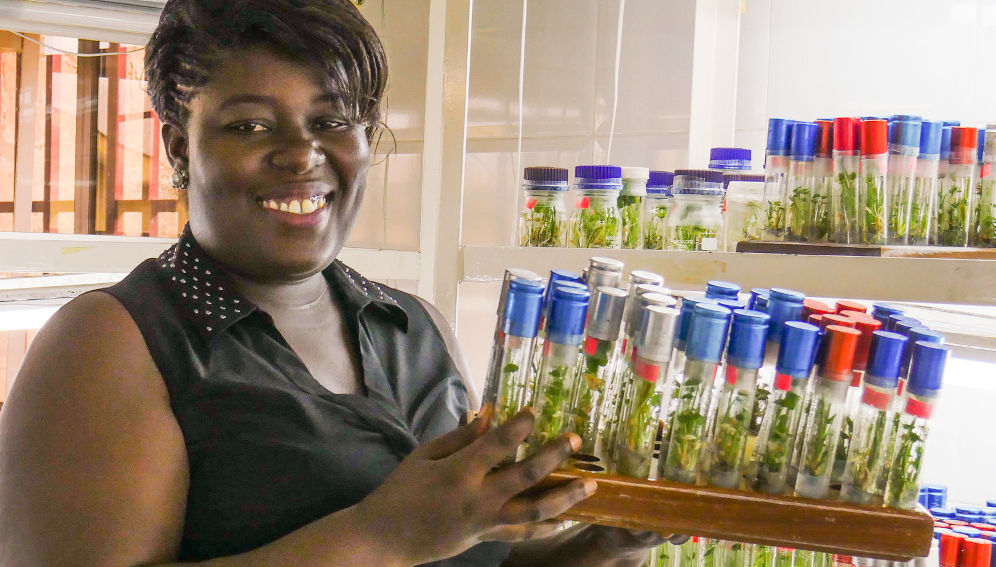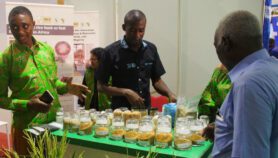23/02/24
‘Funds available’ for research and innovation in Ghana

By: Chioma Umeha
Send to a friend
The details you provide on this page will not be used to send unsolicited email, and will not be sold to a 3rd party. See privacy policy.
This article was supported by the Science Granting Councils Initiative.
[LAGOS] Funding sources are available to support innovation in Ghana, despite delays in getting a new dedicated research fund up and running, a senior official says.
The Ghanaian government pledged US$50 million as seed money for the Ghana National Research Fund (GNRF), established under the Ghana National Research Fund Act (Act 1056) which was passed in 2020.
However, the fund, which will support national research in tertiary and research institutions, is still not operational.
Cephas Adjei Mensah, director for research, statistics and information management at Ghana’s Ministry of Environment, Science, Technology and Innovation (MESTI), said the government was instead disbursing funds through the Ghana Tertiary Education Commission to support research and development.
Without indicating when the new research fund would start issuing grants, he said the Science Granting Councils Initiative (SGCI) had further spurred the government to commit additional research funding.
SGCI is a multilateral initiative established to strengthen the institutional capacities of public science funding agencies in Sub-Saharan Africa to support research and evidence-based policies that will contribute to economic and social development.
“The SGCI has enhanced our involvement and activity within the research space by allowing us to co-organise activities and issue research grants with a commitment to do more,” said Mensah, who is also the SGCI representative in Ghana.
“We have signed strategic initiatives in science, technology and innovation, like the Ghana-UK Strategic Partnership, Ghana-Korea Programme, support through the National Research Foundation [of South Africa] and several blocks through the Global Research Council.”
Mensah said that through the SGCI, Ghana has collaborated with other councils, namely in Cote d’Ivoire, Tanzania, Uganda and Zambia.
He said the SGCI gave technical and funding support to establish the Ghana National Research Fund and helped improve data gathering mechanisms for research and innovation indicators.
“And we have free access to world-class experts in establishing the National Science Technology and Innovation Advisory Council and National Agency for Coordinating Innovations in Ghana,” Mensah added.
In November last year, the National Research Fund–Kenya (NRF-KE) hosted the 2023 SGCI annual forum, where council members highlighted how the SGCI is making a difference in the councils’ research management systems.
Wilfred Dennis, principal research officer for research, statistics and information management at MESTI, says SGCI is helping to accelerate Ghana’s science system, supporting research and development of new technologies, products and services to improve people’s lives and livelihoods.
“Success stories from various SGCI fora and periodic training sessions by the initiative management team and collaborating technical agencies are playing an important role in stimulating MESTI to make a strong case for the government to operationalise the GNRF,” Dennis added.
This article was supported by the Science Granting Councils Initiative, which aims to strengthen the institutional capacities of 18 public science funding agencies in Sub-Saharan Africa.
This piece was produced by SciDev.Net’s Sub-Saharan Africa English desk.













